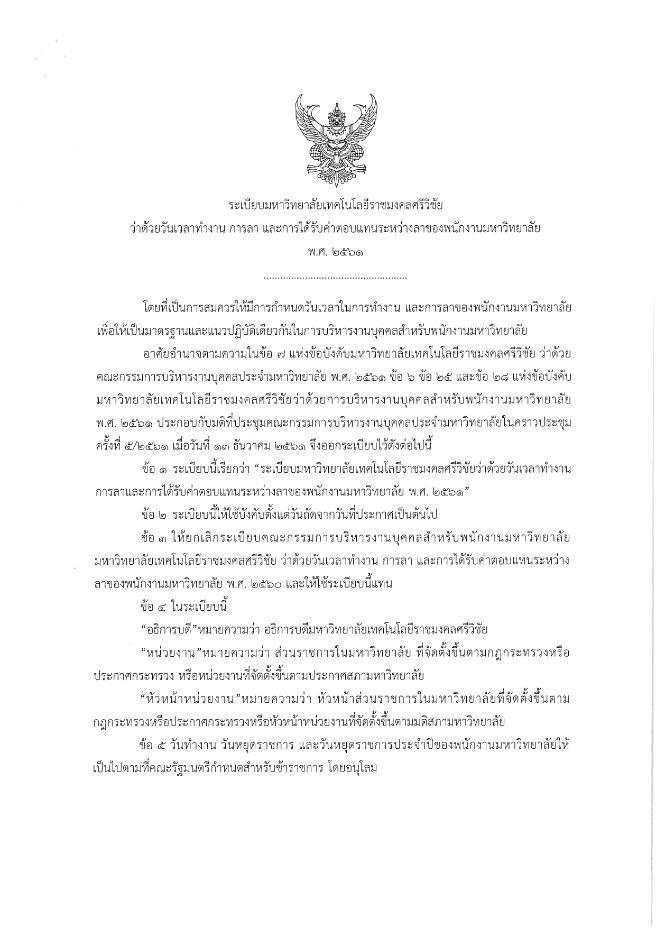Reporters: Asst.Prof.Dr. Prapot Maliwan
Assoc.Prof.Dr. Pornsil Seephueak
Asst.Prof.Dr. Nion Chirapongsathonkul
Asst.Prof.Dr. Worawitoo Meesook
Evidence Date: during 2023 Jan-Dec
Related SDGs:
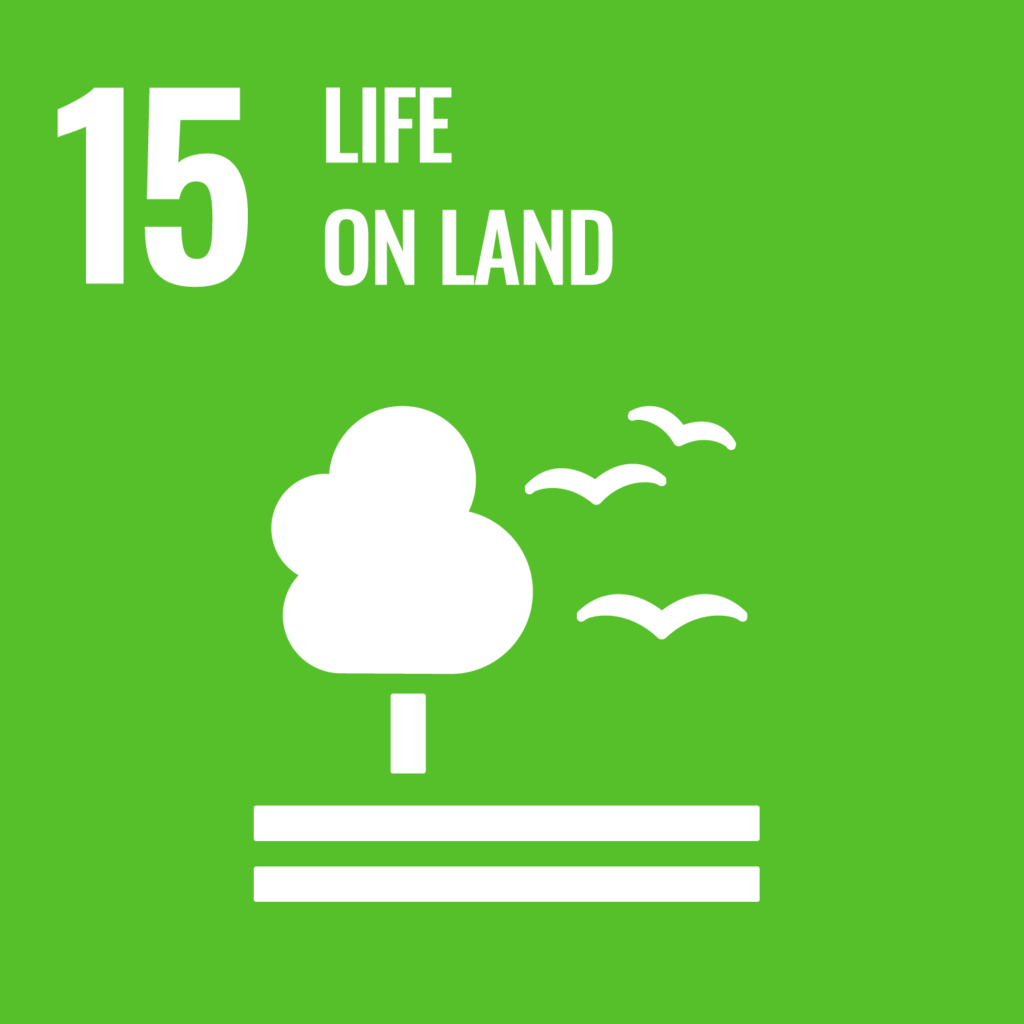
Related Indicators: 15.3.4
Details:
Rajamangala University of Technology Srivijaya has implemented an innovative strategy to address the ecological impact of Napier grass, a known invasive species, by repurposing it as a resource for cattle feed. Recognizing the fast-growing nature of Napier grass, which often overtakes native vegetation and disrupts local ecosystems, the university has developed a program to manage its spread effectively. Rather than simply removing or destroying the grass, the program turns this invasive species into a valuable food source for livestock, offering a sustainable solution to its proliferation. The Faculty of Agriculture at the university has established guidelines and practices for harvesting Napier grass and preparing it as cattle feed. Through careful monitoring, they ensure that the harvesting process does not contribute to further unintentional spread of the species. This dual-purpose approach not only mitigates the ecological footprint of Napier grass but also supports the local agricultural economy. By providing farmers with a reliable source of feed, the program addresses both environmental and economic concerns. The university’s initiative demonstrates a proactive approach to ecological management and sustainable agriculture. This innovative use of Napier grass as cattle feed showcases the potential of invasive species to be repurposed for positive impact.
In addition to managing Napier grass, the university conducts outreach education to inform local farmers and stakeholders about sustainable practices in using this invasive species. The outreach programs aim to equip farmers with the knowledge and skills to responsibly incorporate Napier grass into their livestock feed regimen while preventing its unchecked spread. Workshops and hands-on training sessions teach techniques for safely harvesting, storing, and feeding Napier grass to cattle, emphasizing the importance of ecological stewardship. These sessions also educate participants on recognizing and controlling invasive species, fostering an awareness of environmental impacts in farming practices. By involving local communities, the university strengthens ties with agricultural stakeholders, ensuring that sustainable solutions reach a broader audience. The outreach program has already seen positive reception among local farmers who benefit from both the feed resource and the environmental guidance provided. This initiative not only promotes sustainable farming but also serves as a model for managing invasive species through community engagement. The university’s action plan highlights the importance of education in balancing agricultural needs with environmental responsibility.
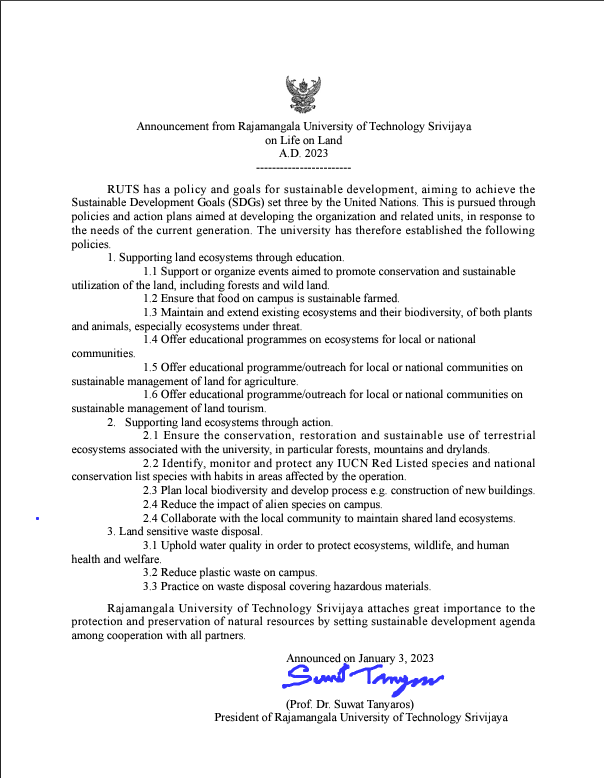
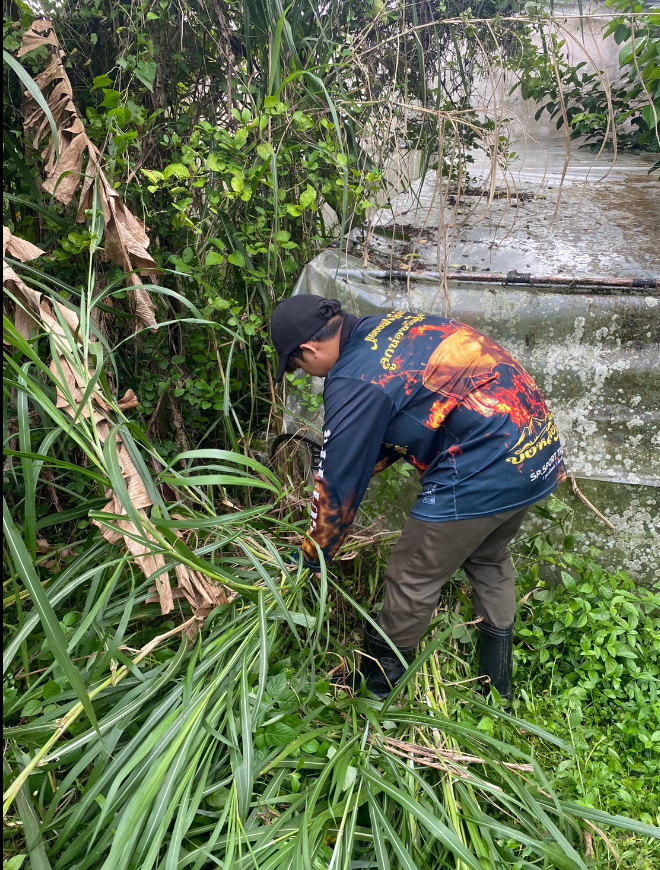
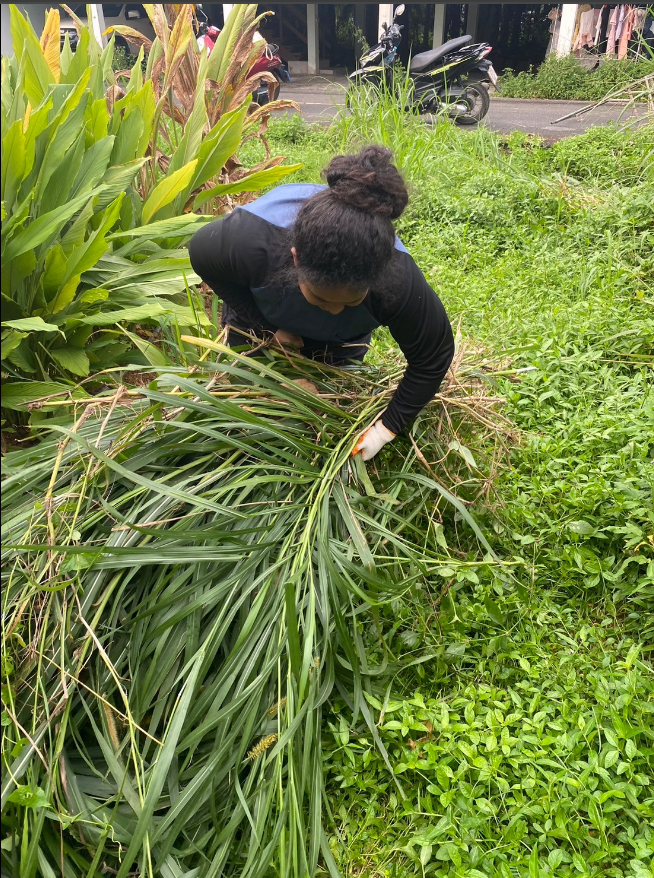
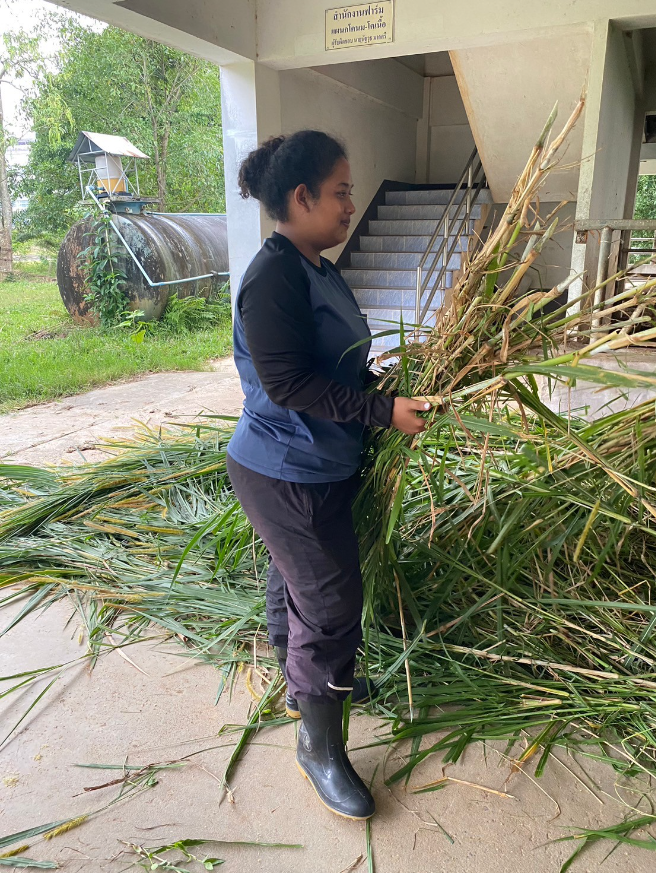
Related Links:
https://acrobat.adobe.com/id/urn:aaid:sc:AP:205fcef8-86ff-489a-b48f-bf5516bb7b99

